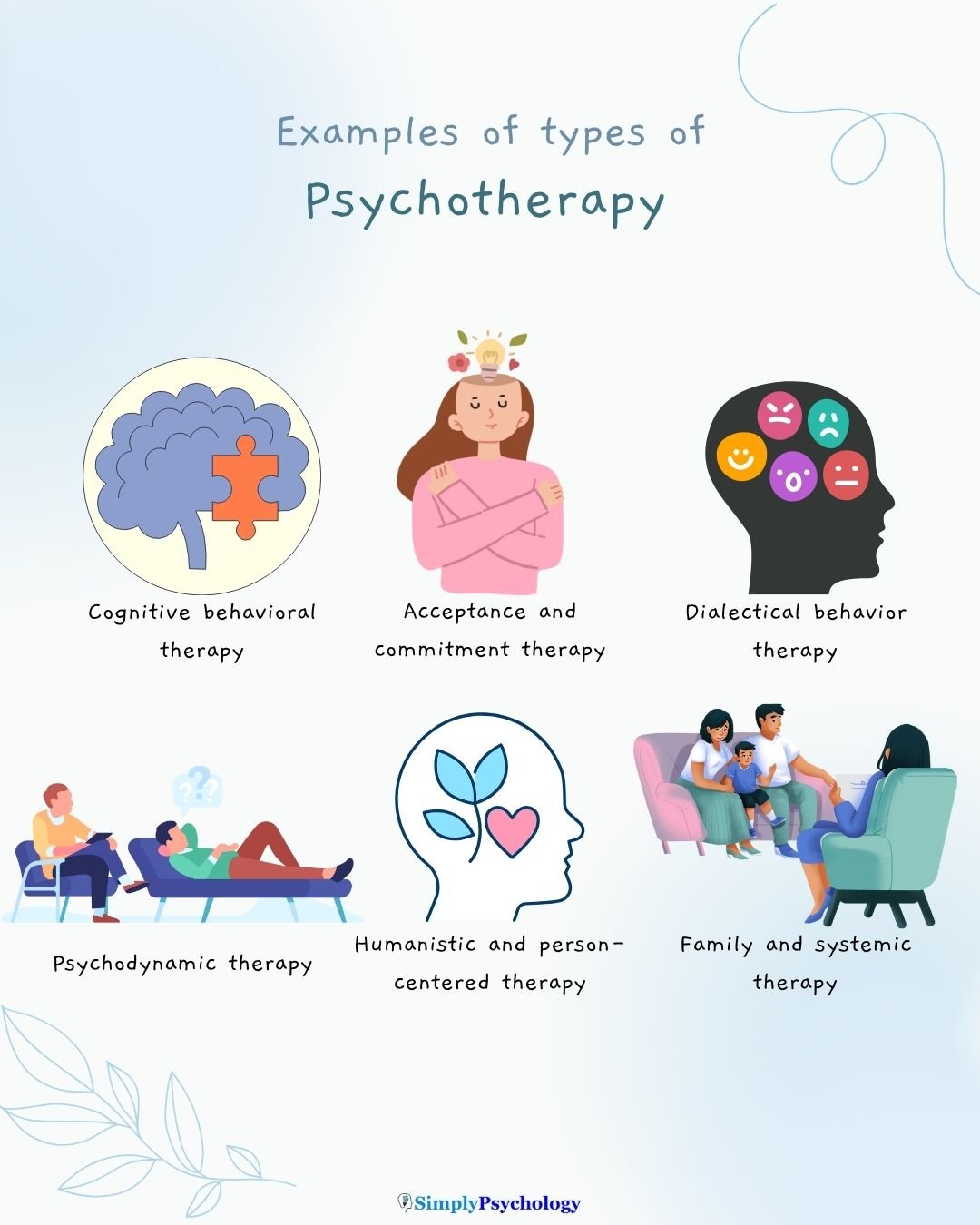Checking out the Advantages of Virtual Therapy in Modern Mental Healthcare
The rise of virtual therapy marks a considerable change in psychological health and wellness treatment. It offers enhanced accessibility, permitting individuals from diverse histories to seek help without geographical constraints. Flexibility in scheduling fits varying lifestyles, while the convenience of home can promote openness. Nevertheless, the ramifications of these modifications expand beyond plain ease. The advancing landscape of therapy increases crucial questions about its long-term results on client engagement and treatment results.
Boosted Ease of access for All
Conventional therapy frequently offers obstacles such as geographical place and scheduling conflicts, virtual therapy substantially improves accessibility for individuals seeking psychological health and wellness assistance. By eliminating the need for physical travel, virtual therapy allows customers from remote locations or those with movement difficulties to connect with qualified specialists. This mode of therapy can get to underserved populaces who may lack neighborhood mental wellness sources, thus attending to variations in access to care. In addition, virtual platforms can satisfy varied needs, offering services in several languages and fitting various cultural histories. Customers can engage with a more comprehensive range of specialists, supplying them with options that align with their particular demands and choices. This increased availability cultivates an extra comprehensive environment, permitting people to seek aid without the preconception usually linked with in-person sees. In general, virtual therapy represents a substantial improvement in making mental health and wellness care more easily accessible to all.
Flexibility in Scheduling Sessions
As virtual therapy remains to gain traction, its integral flexibility in scheduling sessions confirms to be a substantial benefit for numerous people. Unlike traditional in-person therapy, virtual therapy permits customers to select session times that finest fit their personal and expert dedications. This flexibility fits those with demanding work schedules, family commitments, or various other dedications that can make going to physical consultations challenging.
Clients can quickly reschedule or change their sessions as needed, reducing the tension connected with inflexible appointment systems. The accessibility of numerous time slots throughout the week, consisting of evenings and weekend breaks, better enhances accessibility. This versatility not just urges consistency present but also cultivates a higher commitment to the therapeutic process. Inevitably, the flexibility in scheduling sessions stands for a transformative change in mental health care, encouraging individuals to prioritize their health without sacrificing other aspects of their lives.
Convenience of a Familiar Atmosphere
The convenience of a familiar environment substantially boosts the efficiency of virtual therapy for numerous customers. Participating in therapy from the security of their own homes allows individuals to really feel even more secure, reducing stress and anxiety that may come with conventional in-person sessions. This knowledge can assist in open communication, allowing clients to reveal their ideas and sensations much more easily.
The presence of individual things and the capability to regulate their surroundings can add to a sense of security and relaxation. Clients usually report that being in a comfy area allows them to focus a lot more on the healing process rather than the establishing itself.
Additionally, the informal nature of virtual sessions can aid dissolve obstacles that might exist in a typical workplace environment, fostering a deeper link with therapists. Overall, the convenience of familiar surroundings plays a vital duty in enhancing the restorative experience and performance for several people seeking mental health and wellness assistance.
Broader Array of Therapeutic Alternatives
A broader series of restorative choices appears through virtual therapy, allowing clients to gain access to different modalities that might not be viable in typical settings. This flexibility allows individuals to explore varied approaches such as cognitive-behavioral therapy, mindfulness practices, art therapy, and even specialized interventions like trauma-informed care or dialectical behavior modification.
Furthermore, clients can pick from a more comprehensive range of specialists, consisting of those who concentrate on specific niche areas or particular populations, improving the likelihood of discovering an appropriate match. Virtual platforms typically give access to group therapy sessions, support areas, and workshops that might be geographically unavailable or else.
This variety equips clients to participate in their recovery process according to their distinct preferences and needs, possibly increasing inspiration and commitment to therapy. As a result, the landscape of mental healthcare ends up being much more inclusive and versatile, accommodating a broader selection of individual experiences and challenges.
Minimized Stigma Bordering Therapy
Accessing therapy via virtual platforms adds to a significant reduction in the preconception traditionally connected with psychological healthcare. By giving a very discreet and exclusive environment, virtual therapy allows individuals to seek assistance without the anxiety of being evaluated or recognized. This anonymity attract those who may otherwise be reluctant to seek in-person therapy because of social assumptions bordering psychological health.
Additionally, as the prevalence of virtual therapy increases, it stabilizes the discussion around mental wellness, making it an extra appropriate part of day-to-day life. Individuals typically feel a lot more comfy reviewing their experiences on-line, promoting openness and decreasing feelings of isolation. The ease of access of these services additionally encourages a wider demographic to engage with psychological wellness resources, cultivating a society of support instead than pity. Eventually, the increase of virtual therapy plays a vital role in reshaping mindsets in the direction of seeking assistance, adding to an extra accepting culture pertaining to mental health obstacles.
Cost-Effectiveness and Price

Lowered Session Costs
Many individuals looking for psychological health and wellness assistance find that virtual therapy greatly decreases session expenses contrasted to traditional in-person options. The elimination of traveling expenses and time off job typically adds to general financial savings. In addition, many virtual specialists use affordable rates as a result of lower overhead costs connected with keeping a physical workplace. This change in expenditure permits customers to gain access to top quality psychological health services without the economic strain that may feature conventional therapy. For several, this cost enables much more regular sessions, which can enhance therapy outcomes. As a result, virtual therapy not only democratizes access to mental healthcare but additionally gives a lasting financial design that aligns with clients' budget plans, making mental health support much more possible for a wider audience.
Expanded Accessibility Alternatives
While conventional therapy frequently offers logistical obstacles, virtual therapy significantly expands accessibility alternatives for people seeking psychological wellness care. By removing the requirement for traveling and permitting flexible scheduling, virtual therapy fits diverse way of lives and dedications. This availability is particularly useful for those in remote areas or with flexibility challenges. In addition, the cost-effectiveness of virtual therapy reduces economic stress, making mental wellness solutions extra reachable. Many platforms use tiered rates or gliding scale fees, advertising cost. Insurer increasingly recognize virtual therapy, additional boosting its monetary availability. In general, virtual therapy not just widens the extent of who can get care but also addresses economic obstacles, making mental wellness support much more comprehensive and possible for all.
Enhanced Continuity of Treatment
Improved connection of treatment arises as a considerable advantage of virtual therapy in modern-day mental wellness treatment. This strategy enables people to preserve constant interaction with their therapists, despite geographical obstacles or organizing conflicts. virtual therapy. The flexibility of virtual sessions fosters normal check-ins, which are essential for keeping track of progress and adjusting treatment intends as essential
In addition, electronic health documents and telehealth systems facilitate seamless information sharing amongst treatment suppliers. This interconnectedness ensures that all specialists associated with a client's care are upgraded on therapy advancements, resulting in more coordinated and efficient interventions.
Individuals usually experience reduced anxiousness and raised interaction as a result of the benefit of accessing therapy from acquainted settings. Such access boosts adherence to treatment programs, eventually boosting end results - couples counselling. To sum up, virtual therapy not only bridges voids in psychological health and wellness solutions but likewise strengthens the connection of treatment, an essential component of successful therapeutic partnerships
Regularly Asked Concerns
Exactly How Does Virtual Therapy Guarantee Discretion and Personal Privacy for Clients?
The current inquiry addresses the steps virtual therapy uses to safeguard client discretion. Utilizing encrypted systems, secure logins, and compliance with regulations like HIPAA, virtual therapy guarantees that delicate details stays exclusive and unattainable to unapproved people.
Can I Switch Over Therapists Conveniently in Virtual Therapy?
Switching over therapists in virtual therapy is generally simple. Customers can communicate their desire for an adjustment with the platform, permitting versatility in locating a much better suit without the logistical challenges of in-person visits.
What Modern technology Do I Need for Virtual Therapy Sessions?
To get involved in virtual therapy sessions, a specific typically needs a reliable internet connection, a computer or mobile phone with an electronic camera and microphone, and accessibility to a protected video clip conferencing system defined by their therapist.

Are Virtual Therapy Procedure as Effective as In-Person Procedure?
Recent researches suggest that virtual therapy sessions can be equally effective as check here in-person sessions, depending on the person's preferences and circumstances. Aspects such as comfort and availability might improve the general therapeutic experience for some customers.
What Should I Do if I Experience Technical Issues During a Session?
If technological issues develop during a session, one need to steadly interact the trouble to the specialist, effort to reconnect, or button to a backup technique. Perseverance and flexibility are vital in taking care of these interruptions.